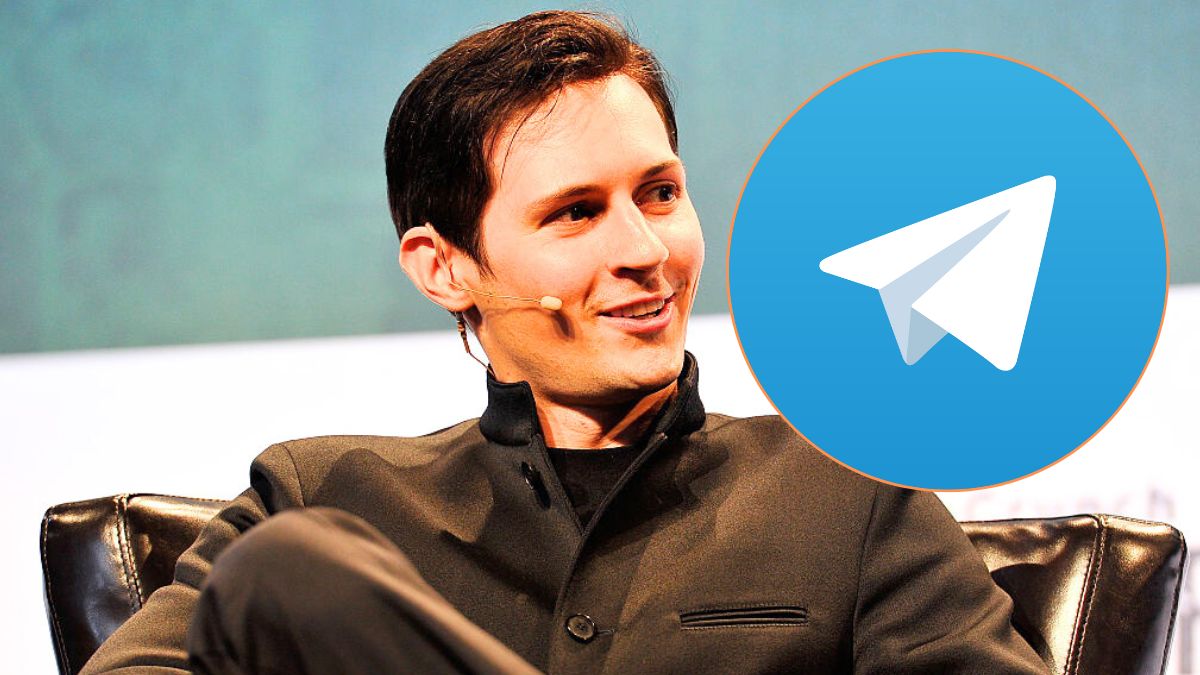On Aug. 25, 2024, a surprising turn of events unfolded as Pavel Durov, the 39-year-old founder of the popular messaging app Telegram, was arrested at an airport near Paris, France.
This incident has brought the tech billionaire into the spotlight and raised questions about the alleged offenses related to his brainchild, Telegram. Durov, who was born in Russia, has had a tumultuous relationship with the authorities in his home country. In 2014, he bid farewell to Russia after boldly defying Kremlin orders to clamp down on opposition groups using the VK social network, which he had established at the tender age of 22. Since then, he’s poured his heart and soul into Telegram, transforming it from a mere messaging tool into a full-fledged social network in its own right.
French authorities have pointed the finger at Durov, accusing him of turning a blind eye to the nefarious activities taking place on Telegram. Specifically, the French agency OFMIN, which deals with the prevention of violence against minors, has leveled charges against Durov including fraud, drug trafficking, cyberbullying, and organized crime. The app’s ironclad encryption has inadvertently provided a safe haven for extremists and conspiracy theorists, prompting some intrepid journalists to dub it a breeding ground for the “radicalization of opinion.” This has set off alarm bells in several European nations, including France, which have put Telegram under the microscope due to worries about security breaches and data leaks.
Telegram has also found itself entangled in the web of the ongoing conflict in Ukraine. The app has morphed into a digital battleground, with Ukrainian President Volodymyr Zelenskyy and Russian officials alike relying heavily on it to spread their messages. For Russians yearning for unfiltered information about the war, Telegram has become a lifeline amidst the Kremlin’s suffocating media blackout in the wake of the full-scale invasion.
Durov’s arrest has ruffled feathers in Moscow, with Russian authorities crying foul and accusing France of giving them the cold shoulder. The Russian embassy in Paris has demanded access to Durov and lambasted France for its perceived lack of cooperation. Mikhail Ulyanov, a Russian representative, even went so far as to paint France as a “totalitarian” regime.
As Durov prepares for his upcoming court appearance, the tech community and privacy advocates are watching closely. The outcomes of these proceedings may well influence how other tech companies manage the balance between user privacy and governmental demands. Moreover, it poses an essential question: Can a digital platform exist completely free of the influence or control of national jurisdictions, or is it an idealistic notion in our interconnected world?
However, we also need to acknowledge the challenge lies in finding a middle ground. A digital utopia free from oversight is as risky as a totalitarian digital dystopia suffocated by state control.

